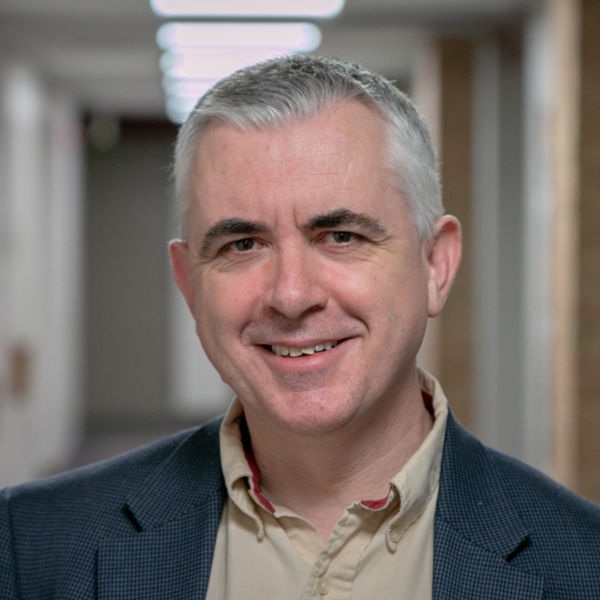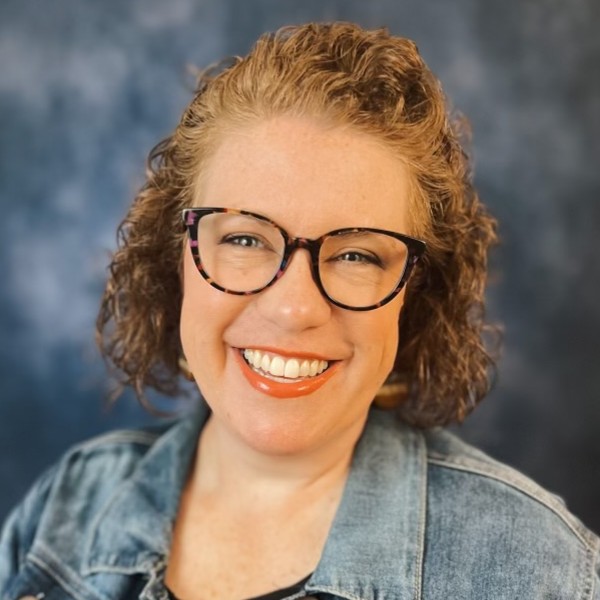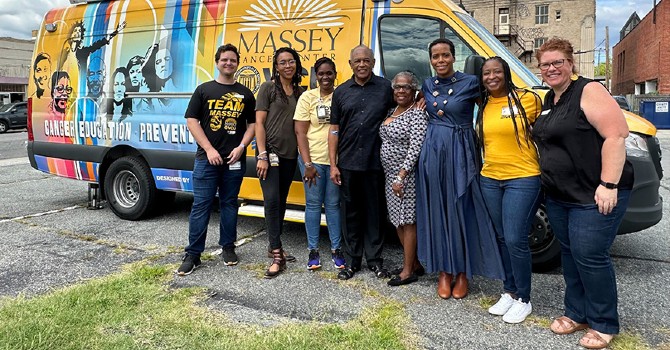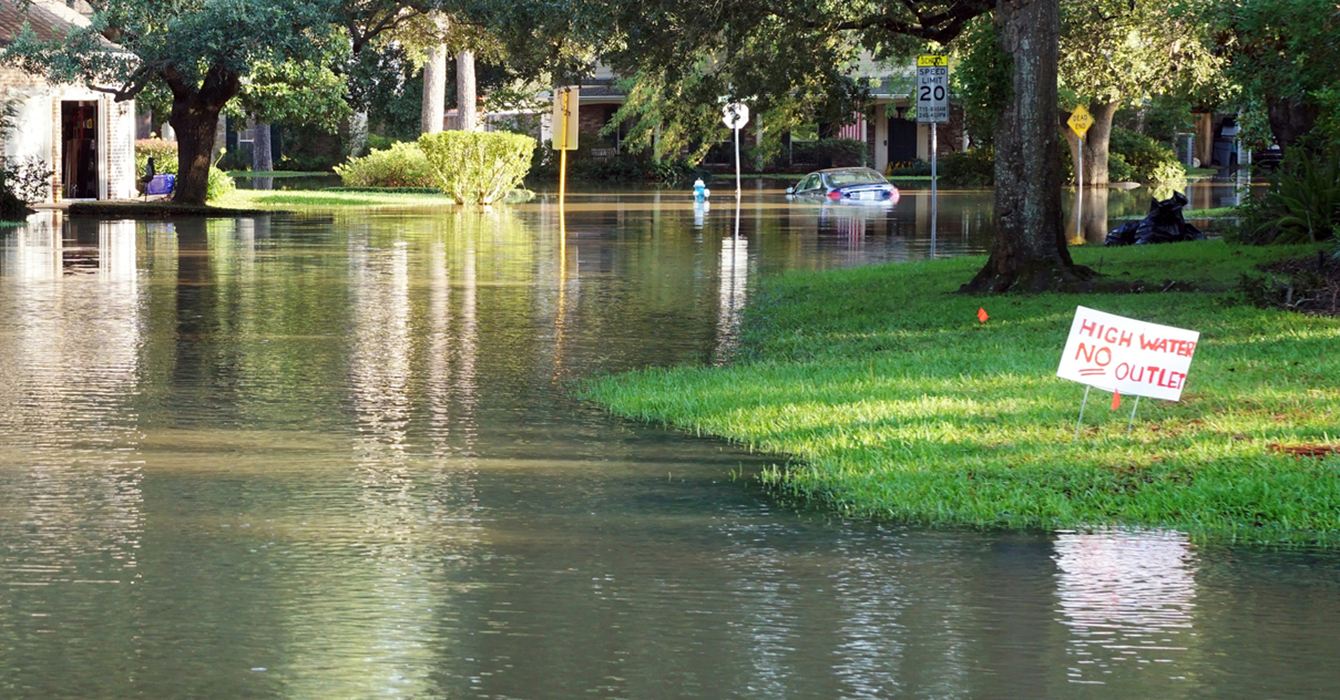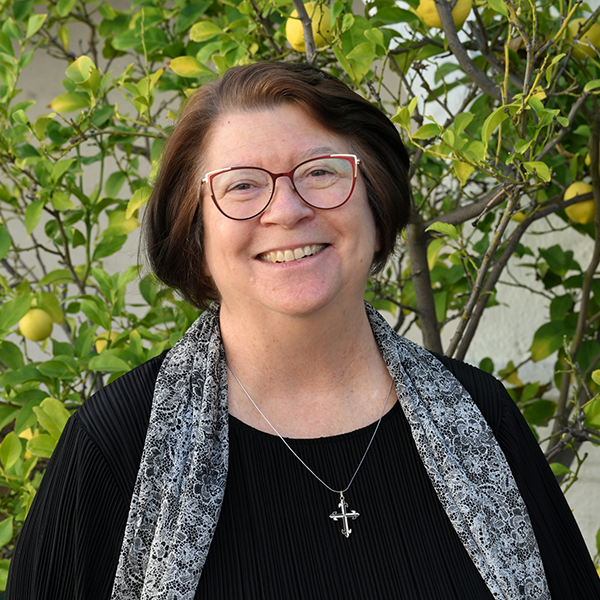Street Psalms trains and connects leaders around the globe to build communities of peace
An international religious order uses a teaching framework based on abundance, practice and peacemaking. Street Psalms offers a seminary, design studio and resources to its partners.







